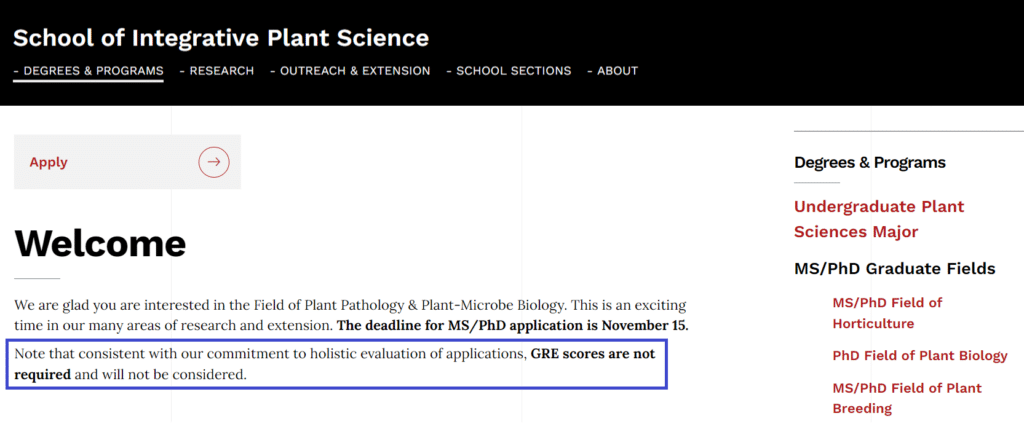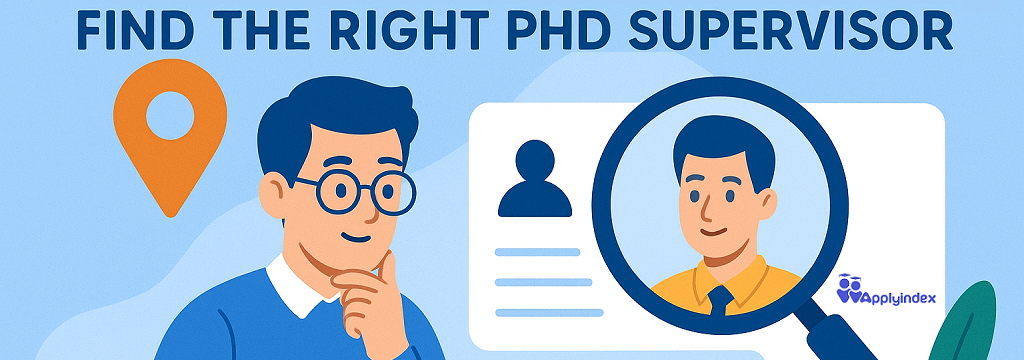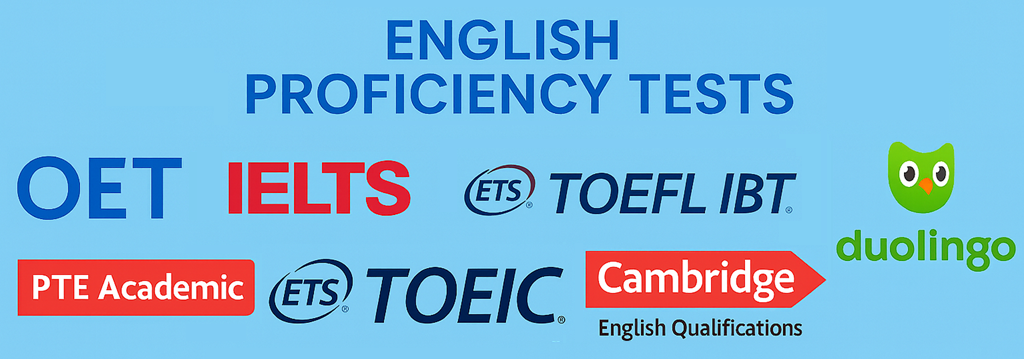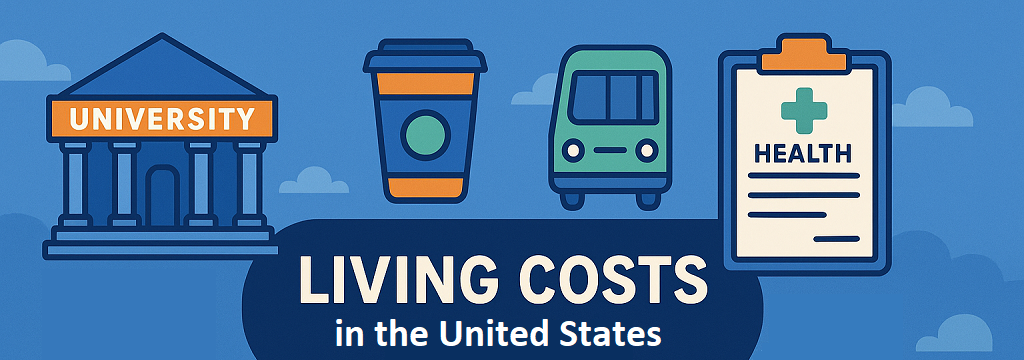
Study in USA has historically required students to take English tests, such as the IELTS, GMAT, GRE, or TOEFL, to demonstrate their English proficiency. Nowadays, there are ways to study in USA without these requirements, allowing a wider variety of students to enroll. Institutions are now waiving them for some applicants due to post-COVID pandemic flexibility and a drive for diversity. It can be both liberating and intimidating to consider studying in America without these English proficiency tests. How is this option navigated? This article examines the options, prerequisites, and methods for succeeding in a study in USA without taking standardized tests.
Why Should You Study in USA?
The US hosts some of the global best universities, including Princeton, Harvard, MIT, Stanford, and Yale. These best universities in USA offer academic rigor, state-of-the-art facilities, and diverse programs. The study in USA is appealing because American universities consistently dominate global rankings. Likewise, the US is a leader in innovation and research, with access to advanced labs, resources, and funding for groundbreaking projects. Additionally, studying in the US immerses you in a multicultural environment, enhancing your global perspective and interpersonal skills. A US degree can open doors to the global job market, providing a competitive edge in the workforce. Building connections with peers, professors, and industry professionals during your studies can be invaluable for your future career.
Importance of Application Package Without English Scores
A study in USA without taking tests is becoming more common. The study environment in the USA has changed, with numerous universities reconsidering their English test requirements. However, studying in the US still requires strong academic credentials. Holistic assessments are given precedence over standardized test results in this trend. This means easier access points for those who want to study in USA. Transcripts, overall GPAs, statement of purpose (SOP), academic CV, or other components of the application package are given priority when evaluated by universities, schools, and departments. Here, transcripts are your foundation. To study in America, where there are no nationwide set minimum standards, your academic record must be exceptional.
Your application to study in USA must be exceptional elsewhere if you don’t have test results. It’s crucial to have a strong personal statement outlining your academic background and goals. Combine it with excellent letters of recommendation from employers or instructors. These factors give you a human face. Add certifications, internships, extracurricular activities, or anything else that demonstrates your abilities. Admission committees want to see your full potential to study in America. Make every detail shine; this is your opportunity to make an impression. A comprehensive application can enhance your candidacy and leave a lasting impression.
Pathways to Study in USA Without Standardized Tests
Universities Offering Test Waivers
Finding test-optional universities is the first step in your journey to study in USA. Look for “test waivers” or “international admissions” on websites such as College Board or university portals that list updated policies. Identify the program-specific regulations; certain university departments may still demand exams. Now, several universities will permit you to study in USA without IELTS, GMAT, GRE, or TOEFL. For instance, admission to the University of Dayton is determined by a student’s previous attendance at English-taught schools. For comparable credentials, California State University frequently waives the TOEFL test. A study in USA via these avenues is suitable for students from various backgrounds. The first thing you should do is explore universities’ websites.
Many universities in the USA do not require the GRE test results anymore. Applicants who prefer not to take the GRE must identify these universities (or their specific departments) that don’t have this requirement. Therefore, when searching for universities, focus on those that don’t require GRE scores. For example, the screenshot below shows that the School of Integrative Plant Science at Cornell University states: Note that consistent with our commitment to holistic evaluation of applications, GRE scores are not required and will not be considered. These choices are growing.
Alternative Language Proficiency Proof
You can demonstrate your English proficiency in another way if you want to study in USA without taking the TOEFL iBT or IELTS Academic. Having completed high school or a tertiary degree in an English-speaking country such as Canada, New Zealand, Scotland, Ireland, or Australia is sufficient to ignore English proficiency tests. Work experience or a strong undergraduate GPA can be used in place of GMAT/GRE scores for graduate programs that waive them. In the US, learning becomes more about your story and less about tests. Benefit from these alternatives to streamline the process. Providing concise, well-supported evidence improves your application and increases your chances.
Research Supervisors’ Support
Imagine an applicant seeking fully funded PhD positions through a research assistantship (RA). Typically, they need to find PhD supervisor whose research aligns with their academic interests. Academic supervisors such as assistant, associate, or full professors may request a waiver for the English proficiency test requirement from their department or university if the applicant has an exceptional CV with multiple high-quality publications (e.g., original research papers, review articles, communications, book chapters, etc.). However, fewer than 5% of applicants are lucky enough to face this scenario. In this pathway, knowing how to email PhD supervisors properly is crucial.
Conditional Admission Programs
Conditional admission offers a valuable route to studying in the United States without immediate test results. Universities like the University of Arkansas, Drexel University, and George Mason University allow students to begin with Intensive English Programs (IEPs) before transitioning into their degree programs; therefore, no IELTS or TOEFL is required upfront. Some graduate programs also offer probationary semesters or preparatory courses instead of GMAT/GRE requirements. This structured entry path not only secures your spot but also helps you adapt to the academic environment. With commitment and progress, it becomes a powerful springboard toward earning your degree.
Challenges and Solutions
Visa Concerns Without Language Tests
The F-1 visa application process is a common concern for students who wish to study in USA without IELTS or TOEFL test results. Although U.S. embassies do not require these tests, officers evaluate applicants’ English proficiency during interviews. An acceptance letter and previous English language training are typically sufficient if your university waives them. It is essential to prepare for your US visa interview. Take your supporting documentation, such as university transcripts, to the interview and practice speaking clearly. By following these steps, you can still study in America without the need for English scores. This obstacle is removed with paperwork and confidence, guaranteeing a quicker route to visa approval.

Adapting to Academic Demands
A study in USA without English test results can lead to a steeper learning curve after admission. Students who bypass such exams may initially struggle with academic English or the rigor of graduate-level coursework. However, most universities offer robust support through tutoring centers, writing labs, and academic workshops. You can bridge any gaps by actively strengthening your skills, reviewing scientific literature, joining study groups, and seeking feedback. Adaptability is essential for success. Remember, you are not alone, so take full advantage of the resources available. With determination and the right strategies, you can thrive academically and build lasting confidence.
Benefits Beyond Admission Without English Tests
Financial Savings: A study in USA without taking standardized tests like the IELTS, GMAT, GRE, or TOEFL can significantly reduce costs and stress. Skipping these exams can save $500 to $800 upfront, including test and preparation fees. They can be redirected toward tuition, travel, or other student living costs in USA, especially for students from developing countries. This option broadens your access to more universities and increases your chances of securing positions. It also levels the playing field for students who may not be fluent in English or ready for advanced exams.
Faster Application Timeline: Applying for positions in the USA becomes quicker without the need to schedule and prepare for exams like the IELTS or GRE. Skipping months of test preparation allows you to submit applications within weeks, making deadlines more manageable. This efficiency lets you focus on refining your essays or securing funding, giving you a competitive edge. With fewer barriers, you can highlight your academic strengths, skills, and passion instead of test scores.
Conclusion
A study in USA without taking the IELTS, GMAT, GRE, or TOEFL has become increasingly feasible in the post-COVID era. Many universities are updating their admission policies to embrace a more diverse applicant pool, offering alternatives like conditional admission, English proficiency waivers, and flexible evaluation methods. These changes have made the US education more accessible and affordable than ever. By focusing on your academic achievements, professional experience, and personal strengths, you can stand out without standardized test scores. The path to your academic dreams in the US is more open than you might think.
Frequently Asked Questions (FAQs)
Can I study in USA without taking the IELTS, GRE, GMAT, or TOEFL?
Yes, many American universities now offer alternative pathways for international students who do not submit standardized test scores.
What are conditional admission programs, and how do they work?
Conditional admission allows a student to begin their study in USA without first submitting IELTS or TOEFL scores. Instead, students enroll in Intensive English Programs (IEPs) at partner universities like the University of Arkansas. Upon successful completion, they transition into their full degree programs.
Will skipping these tests affect my chances of getting a US student visa?
Not necessarily. US embassies do not officially require IELTS or TOEFL scores for F-1 and F-2 visa applications. However, visa officers will assess your English proficiency during the interview. Take your university acceptance letter, proof of English-language education or training, and speak clearly and confidently. Being well-prepared with supporting documents can help secure your student visa even without test scores.











4 Comments
Andrea
9 months agoCan you introduce me some universities in California that waive English proficiency tests?
admin
9 months agoIt depends on your field of study and degree level you want to apply for.
Andrea
9 months agoThank you. Can I have an email from you to discuss my application process?
admin
9 months agoSure. You can use [email protected]